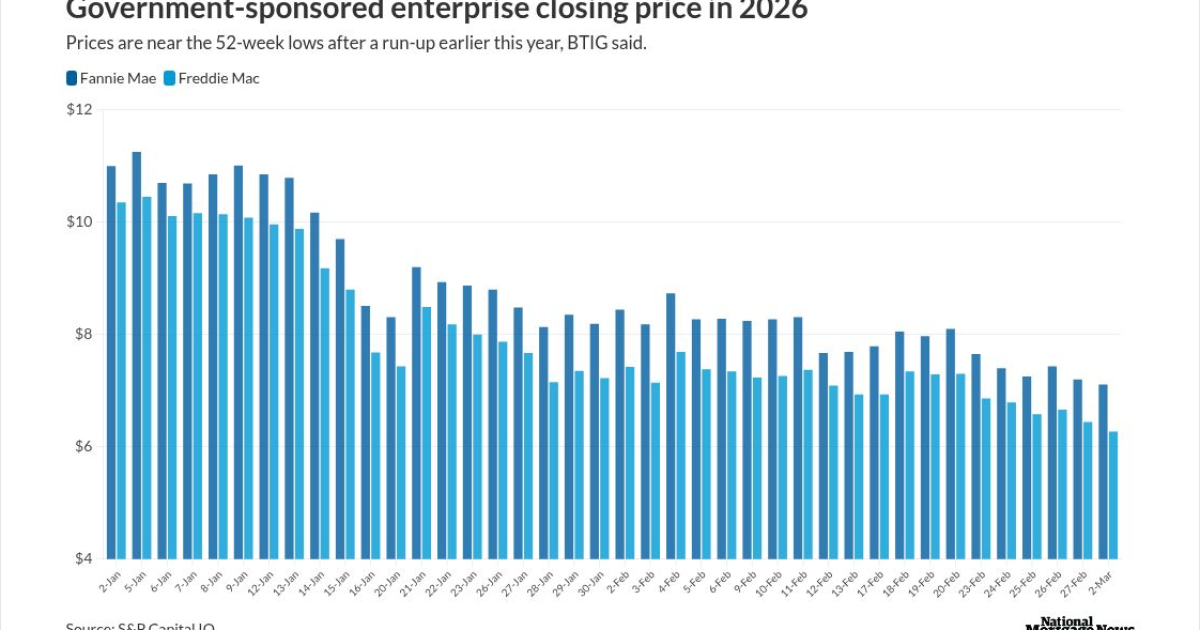Finance personnel are tasked with managing an organization’s financial resources, but they are also responsible for navigating an ever-changing regulatory environment. In recent years, financial regulations have become more stringent and complex, requiring finance professionals to constantly stay up-to-date on new rules and standards.
One of the primary ways finance personnel are adapting to changing regulatory environments is through continuous education and training. Many organizations now require their finance staff to undergo regular training on compliance and regulatory matters to ensure they are aware of any changes that may impact their work. This training may cover topics such as reporting requirements, data protection regulations, and anti-money laundering laws.
Additionally, finance personnel are increasingly relying on technology to help them comply with regulations. Automation tools, such as financial management systems and compliance software, can help streamline processes and ensure that data is accurately reported and stored in accordance with regulatory requirements. These tools can also help detect any potential issues or discrepancies that may arise, allowing finance professionals to quickly address them before they escalate.
Furthermore, finance personnel are also working more closely with legal and compliance teams to ensure they are following regulations. By collaborating with these teams, finance professionals can better understand the legal implications of their actions and ensure they are in compliance with all relevant laws and regulations. This interdisciplinary approach can help organizations mitigate regulatory risks and avoid costly penalties.
In addition to education, technology, and collaboration, finance personnel are also focusing on building strong internal controls to help prevent regulatory violations. By implementing robust control measures, finance professionals can minimize the risk of errors and ensure that financial data is accurate and secure. This can help organizations maintain regulatory compliance and build trust with stakeholders.
Overall, finance personnel are adapting to changing regulatory environments by staying informed, leveraging technology, collaborating with other teams, and implementing strong internal controls. By taking proactive steps to address regulatory challenges, finance professionals can help organizations navigate complex regulatory landscapes and ensure financial stability and integrity.
Publisher: Source link











